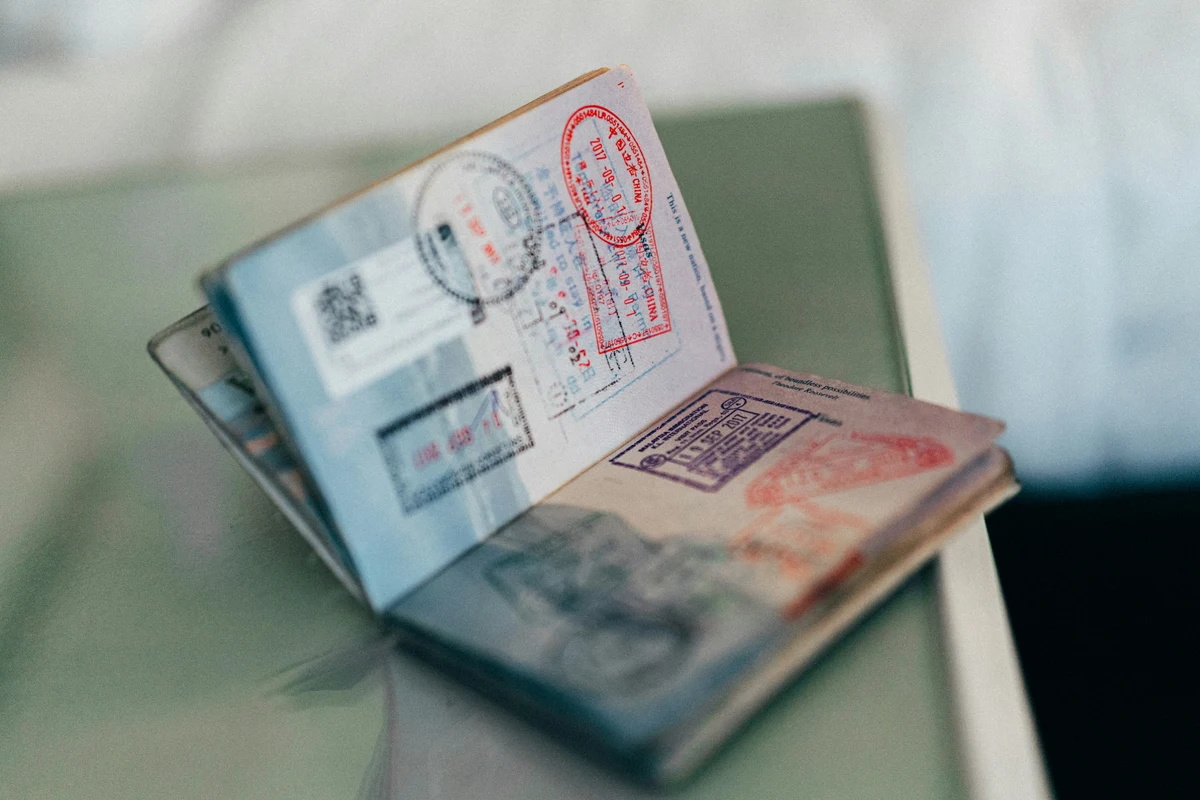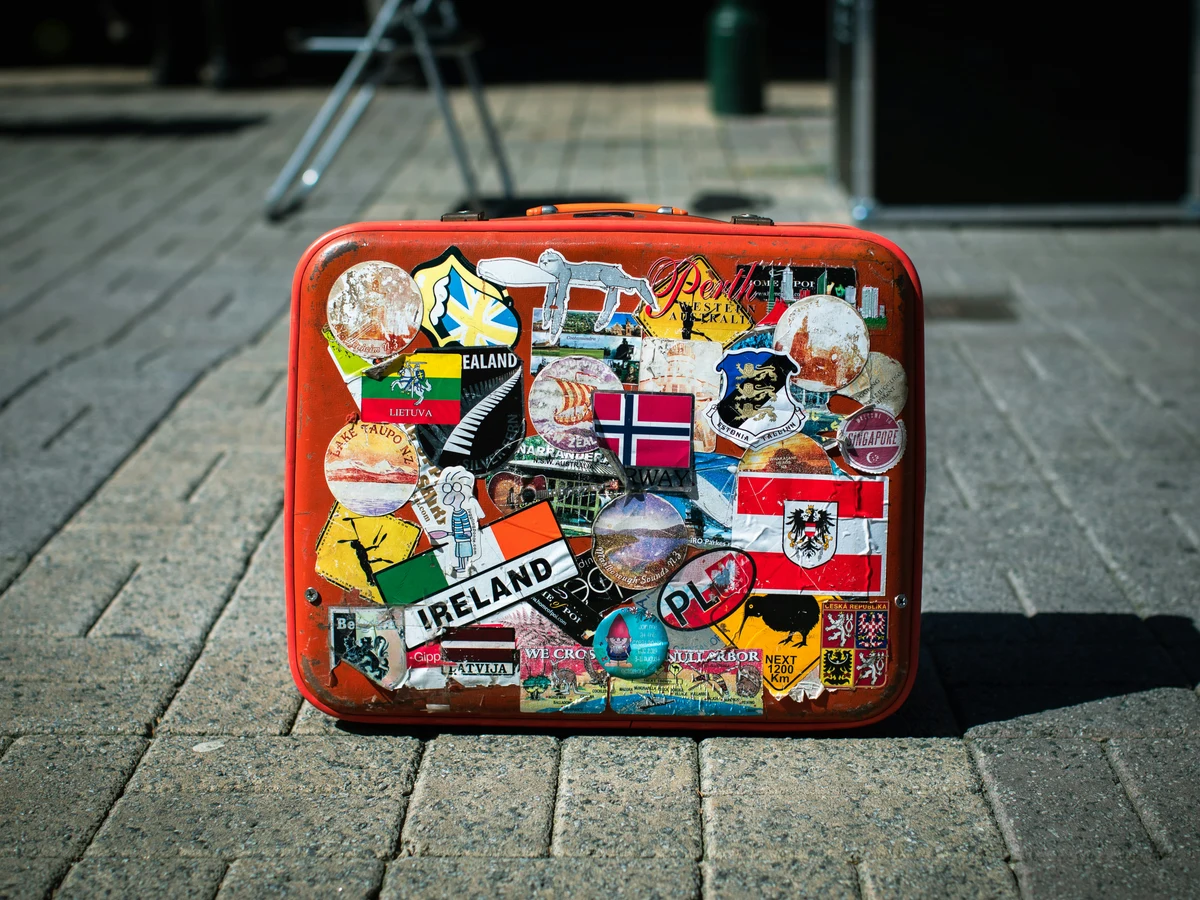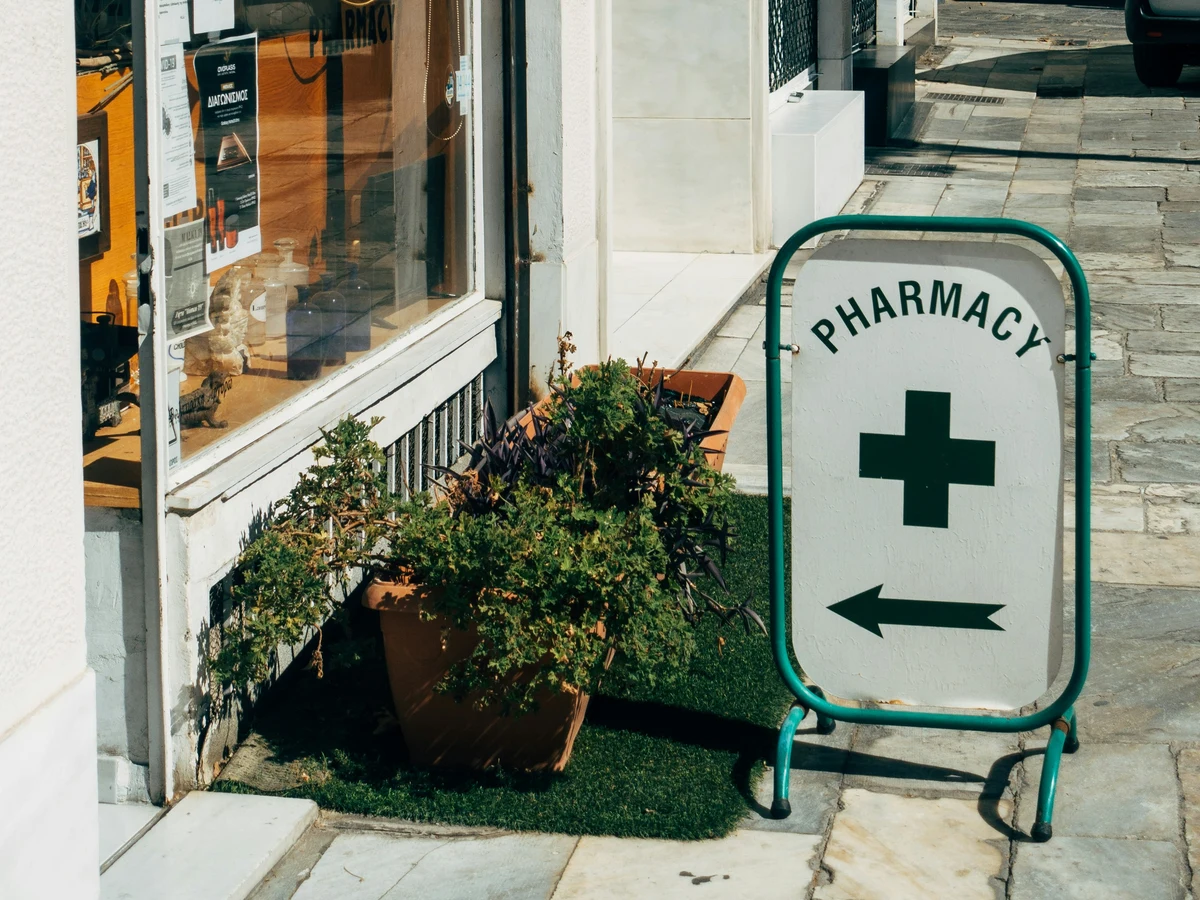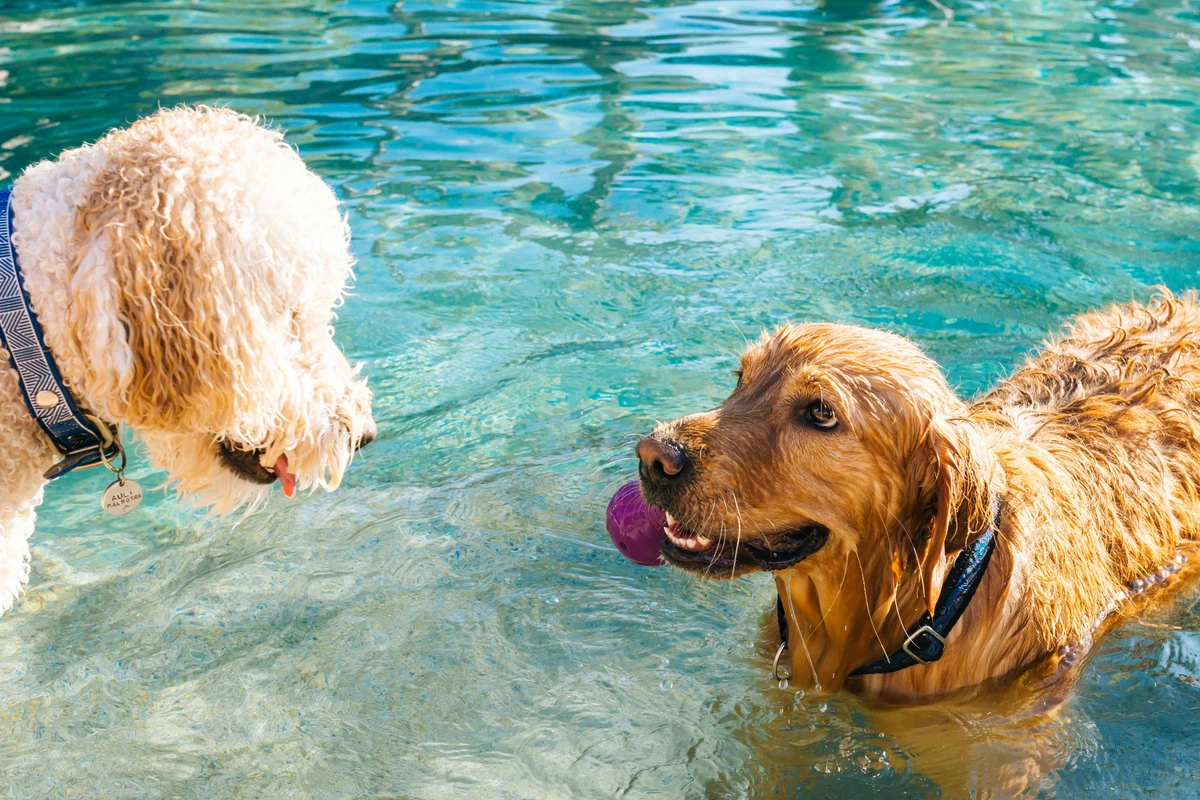
Travel Information
Welcome to your holiday!
The best time of the year is about to begin. To ensure that your stay is a complete success, we have put together some important and useful information for you. This way you can prepare well and start your holiday completely relaxed.

You should definitely check these things well in advance of your holiday:
- Foreign travel advice for your destination.
- Entry restrictions (Also for dogs)
- Valid passport or ID card (also for babies)
- Declaration of consent for children not belonging to yourself or shared
- Animal passport
- Arranged travel insurance
- Validity of debit and credit cards
- Terms and conditions for car rental
Tip: Before departure, photograph your passport/ID, insurance card, bank card, emergency numbers, and other important items. Email or app the photos to yourself or your travelling companion, that way you always have all the details together in case of loss or theft.

You must have these documents and important papers with you for a relaxing holiday:
- Identity documents and/or visas for all travellers
- Health insurance card & vaccination certificate
- Animal passport
- Driving licence and registration certificate
- Travel documents/travel vouchers
- Debit/credit card
- Cash (EUR/local currency)
Tip: Some campsites require a copy of your ID. With the CopyID app, you can cross out the identification details on your ID that the campsite does not require. You can also use the app to add a watermark to the copy that indicates the purpose and date of the copy. You can find the app in the Apple App Store or the Google Play Store .

By car
Going on holiday by car? Make sure you have looked up all the traffic rules and other important car-related regulations beforehand. A good overview of the most up-to-date traffic regulations per country can be found on the Gov.uk website.
The emergency number 112 can be used across Europe in case of an emergency. Don't forget to bring a European claim form, this will save a lot of trouble in case of an accident. Although a green card is not compulsory in every country, it is handy to have it with you too.
Tolls & environmental stickers
Many motorways, bridges, and tunnels in Europe require tolls. With the TollGuru, you immediately see an indication of the costs for fuel and tolls and this route planner also indicates where environmental zones are.
Many European cities have established environmental zones. The rules are complicated and vary from city to city. Make sure you are aware of the rules, fines are often high. The most convenient way is to park outside the city centre and travel further by public transport.
Refuelling & Charging
You should always avoid refuelling on the motorway, as fuel prices are much higher there
Do you drive an electric car? Then you can find an overview of the charging stations on these route planners: https://abetterrouteplanner.com/ or https://chargemap.com .
Navigation
Useful navigation apps to get you from A to B quickly:
- Rome to Rio shows you all available means of transport according to your options and also indicates the price.
- Google Maps has a similar feature, but depending on the country it may be more or less reliable.
- Wanderu : not only shows different means of transport, but also gives practical travel tips about the destination
Border controls
Please note that there may be increased border controls, which may lead to longer waiting times at the crossings.
Most major cities have excellent train connections. Buses are also plentiful to well-known destinations. Taxis are also readily available at most holiday destinations.
Public transport
Public transport is also always a good idea for environmental reasons. The big cities have excellent train connections. Buses also run to popular destinations. Taxis and other ride services are also available via apps like Uber in many cities.
By plane
Our campsites and holiday parks are usually located in regions with excellent connections. Arriving by plane is therefore quite possible. At all airports, you can easily hire a car or use public transport to get to your holiday destination. The large holiday resorts often also offer a shuttle service. Please inquire directly at your campsite/holiday park.

Sockets
You will not need a transformer/converter but you should bring a travel adaptor as there are three associated plug types, types C, F and L. Plug type C is the plug that has two round pins (most common), plug type F is the plug which has two round pins with two earth clips on the side and plug type L is the plug type which has three round pins.
Places to visit
Keep in mind that during the holiday period, well-known attractions often have longer waiting times or can only be visited with a ticket. Buy a ticket in advance to avoid disappointment. Also, consider this for various day trips.
Tap water
In almost all European countries, tap water can be drunk safely. However, in some countries, the water can have a chlorine-like taste. Bottled water is readily available everywhere.
Opening hours
In other European countries, the opening hours of restaurants and shops are not regulated by law.
Dining out
In southern countries, people often eat late. Remember that (outside the campsite) there is often no one in the restaurant before 7 pm.
Tipping
Italy & Croatia
If the menu says 'Servizio', the tip is already included in the price. 'Coperto' is the amount the restaurant charges for the use of crockery, table linen, bread, etc. If there is nothing on the bill, a tip of 5% to 10% is usual.
France
If you see the note "Service compris 15%" on the bill, the tip is already included. Locals usually give 1 to 1.50 euros per person. Tip: It is not customary to pay the bill separately. One person should pay the entire amount and then split the amount later.
Spain
A service charge is often included in the bill, above which you can tip 5-10%.
Portugal
Tipping is optional in Portugal. For example, you can just leave the change on the table or give 10% of the bill.
Germany
Tipping in Germany is common but not mandatory. 5-10% of the bill is a good amount.
Netherlands
Tipping is appreciated but not mandatory. For example, you can just leave the change on the table or give 10% of the bill.
Denmark
In Denmark, you can pay cashless almost everywhere. Up to 5% of the bill is usual.

Health Insurance
The European Health Insurance Card (EHIC)entitles you to necessary medical care during your holiday. The card is issued by your health insurer, check the conditions with your health insurer in advance. Bear in mind that the services included may vary from country to country. Of course, you can also take out supplementary health insurance abroad.
At the pharmacy, you can get all common medications and products to take care of yourself. To avoid any travel, language barriers and large price differences, we recommend that you take a travel first aid kit with you from home! Ask your pharmacy for advice. If you are taking prescription medication with you on holiday, ask the pharmacy whether your medication can be brought into your holiday country / or whether a medical certificate is required.

If you are planning a holiday with your dog within the EU, you will need an EU pet passport, which you can get from your vet. Your pet must be vaccinated against rabies at least 21 days before arrival. The mandatory chip must be inserted before the rabies vaccination. This vaccination is only possible from the age of 12 weeks, so pets younger than 15 weeks are not allowed to be taken along.
In some countries, and therefore also in campsites and holiday parks, certain breeds of dog are banned or strict rules apply to these animals because they can pose a danger to those around them. These countries include France, Spain, Portugal, Denmark, the United Kingdom and parts of Germany. Please find out exactly what these regulations are, otherwise, you may not be allowed to enter the country or onto the holiday park grounds.
And please remember that travelling and changing location can be stressful for your beloved pet. Take your beloved blanket, toys and usual food with you.
Disclaimer: The information and links on this page have been carefully selected and compiled. However, we are not liable for incorrect or incomplete information. The external links we use are for information purposes only. These websites do not belong to our company and are not controlled or approved by us. You are responsible for ensuring that you have the necessary documents and information. We recommend that you inform yourself about the most up-to-date information from the relevant authorities well in advance of your holiday.